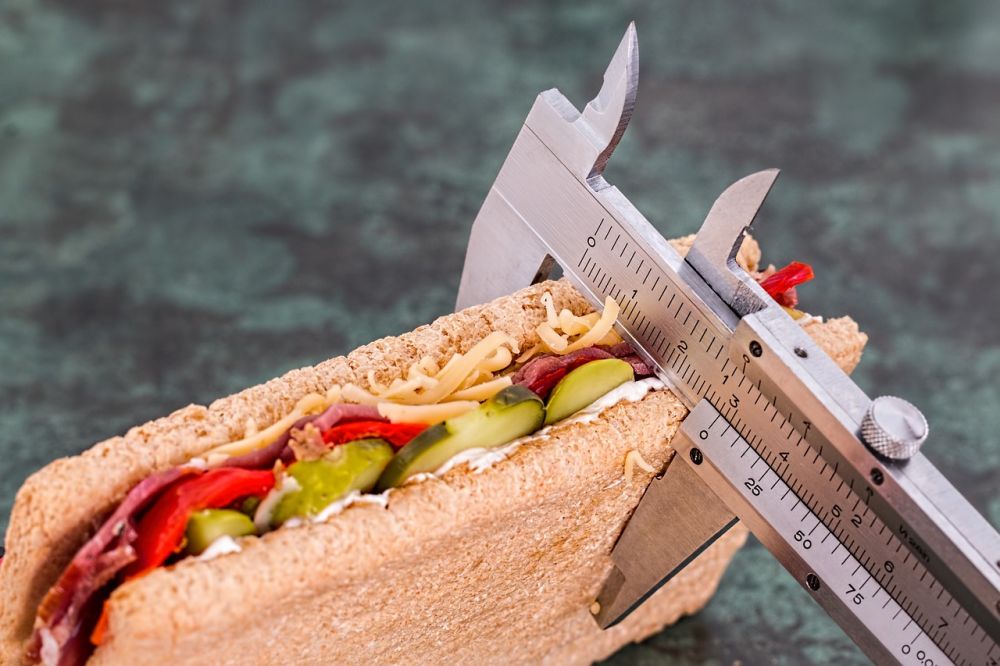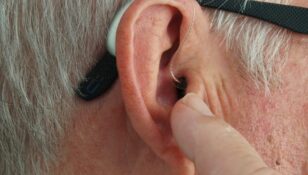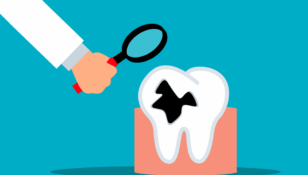High Protein Diet: Exploring the Benefits, Types, and Variations

Introduction – All You Need to Know About High Protein Diet
In recent years, high protein diets have gained immense popularity among individuals seeking to improve their health, build muscle, or achieve weight loss goals. These diets prioritize the consumption of foods rich in protein, a macronutrient essential for maintaining and repairing body tissues, supporting metabolic functions, and promoting satiety.
Understanding High Protein Diet – Types and Popularity
A high protein diet primarily focuses on increasing the intake of protein-rich foods while limiting the consumption of carbohydrates and fats. There are several types of high protein diets, including the Atkins Diet, Paleo Diet, and Ketogenic Diet, each with its unique approach to macronutrient ratios and food choices.
The Atkins Diet, for example, is one of the most popular high protein diets and emphasizes low carbohydrate intake while providing a higher proportion of protein and fat. On the other hand, the Paleo Diet promotes the consumption of lean meats, fish, fruits, vegetables, and nuts, mimicking the eating habits of our Paleolithic ancestors.
Quantifying the Benefits of High Protein Diet

Numerous studies have examined the effects of high protein diets on various aspects of health. For instance, research has shown that these diets can lead to substantial weight loss, as protein enhances satiety, reduces appetite, and increases energy expenditure during digestion.
Moreover, high protein diets have been found to promote muscle growth and maintenance, making them particularly popular among athletes and bodybuilders. Protein plays a crucial role in repairing and building muscle tissues, and consuming adequate amounts can enhance recovery and support physical performance.
High Protein Diet Variations – Understanding the Differences
While the common denominator of high protein diets is the emphasis on protein-rich foods, the specific macronutrient ratios and food choices can vary significantly. For instance, the Atkins Diet restricts carbohydrate intake to induce a state of ketosis, where the body uses stored fat as the primary source of energy. In contrast, other high protein diets may allow a moderate carbohydrate intake to support energy levels, especially in individuals with higher activity levels.
Furthermore, the sources of protein can differ among high protein diets. Some individuals may choose to focus on lean meats, such as chicken, turkey, or fish, while others may opt for plant-based sources, including legumes, tofu, and tempeh.
A Historical Perspective – Evaluating the Pros and Cons
Over the years, high protein diets have faced both criticism and praise. In the past, there were concerns about potential health risks associated with these diets, such as an increased risk of heart disease and impaired kidney function. However, recent research has largely debunked these claims, highlighting the potential benefits of high protein diets when adequately balanced and monitored.
It is crucial to note that the effectiveness and suitability of high protein diets can vary among individuals. Factors such as age, gender, activity level, and overall health must be considered when adopting any dietary approach. Consulting a healthcare professional or registered dietitian is recommended to ensure personalized and safe implementation.
Video Presentation [INSERT VIDEO HERE]
Conclusion
In conclusion, high protein diets have gained significant attention due to their potential benefits for weight loss, muscle growth, and overall health. By prioritizing protein-rich foods and carefully managing carbohydrate and fat intake, individuals can optimize their nutritional choices and work towards achieving their health and fitness goals. Remember, it is essential to consult a healthcare professional before making any significant changes to your diet. With the right approach, a high protein diet can be a valuable tool in improving your overall well-being.

















